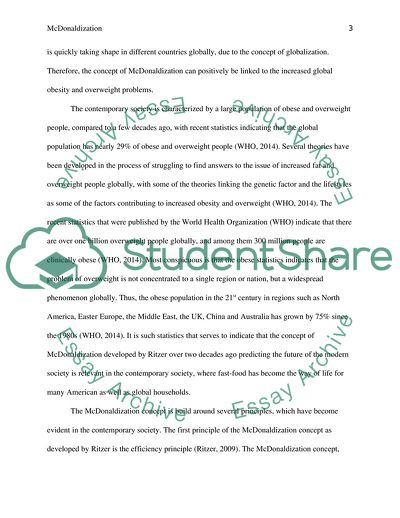Cite this document
(McDonaldization of the Contemporary Society Essay Example | Topics and Well Written Essays - 2500 words, n.d.)
McDonaldization of the Contemporary Society Essay Example | Topics and Well Written Essays - 2500 words. https://studentshare.org/sociology/1852889-how-topics-such-as-social-control-punishment-commodification-and-mcdonaldization-have-a-relationship-to-contemporary-issues
McDonaldization of the Contemporary Society Essay Example | Topics and Well Written Essays - 2500 words. https://studentshare.org/sociology/1852889-how-topics-such-as-social-control-punishment-commodification-and-mcdonaldization-have-a-relationship-to-contemporary-issues
(McDonaldization of the Contemporary Society Essay Example | Topics and Well Written Essays - 2500 Words)
McDonaldization of the Contemporary Society Essay Example | Topics and Well Written Essays - 2500 Words. https://studentshare.org/sociology/1852889-how-topics-such-as-social-control-punishment-commodification-and-mcdonaldization-have-a-relationship-to-contemporary-issues.
McDonaldization of the Contemporary Society Essay Example | Topics and Well Written Essays - 2500 Words. https://studentshare.org/sociology/1852889-how-topics-such-as-social-control-punishment-commodification-and-mcdonaldization-have-a-relationship-to-contemporary-issues.
“McDonaldization of the Contemporary Society Essay Example | Topics and Well Written Essays - 2500 Words”. https://studentshare.org/sociology/1852889-how-topics-such-as-social-control-punishment-commodification-and-mcdonaldization-have-a-relationship-to-contemporary-issues.


